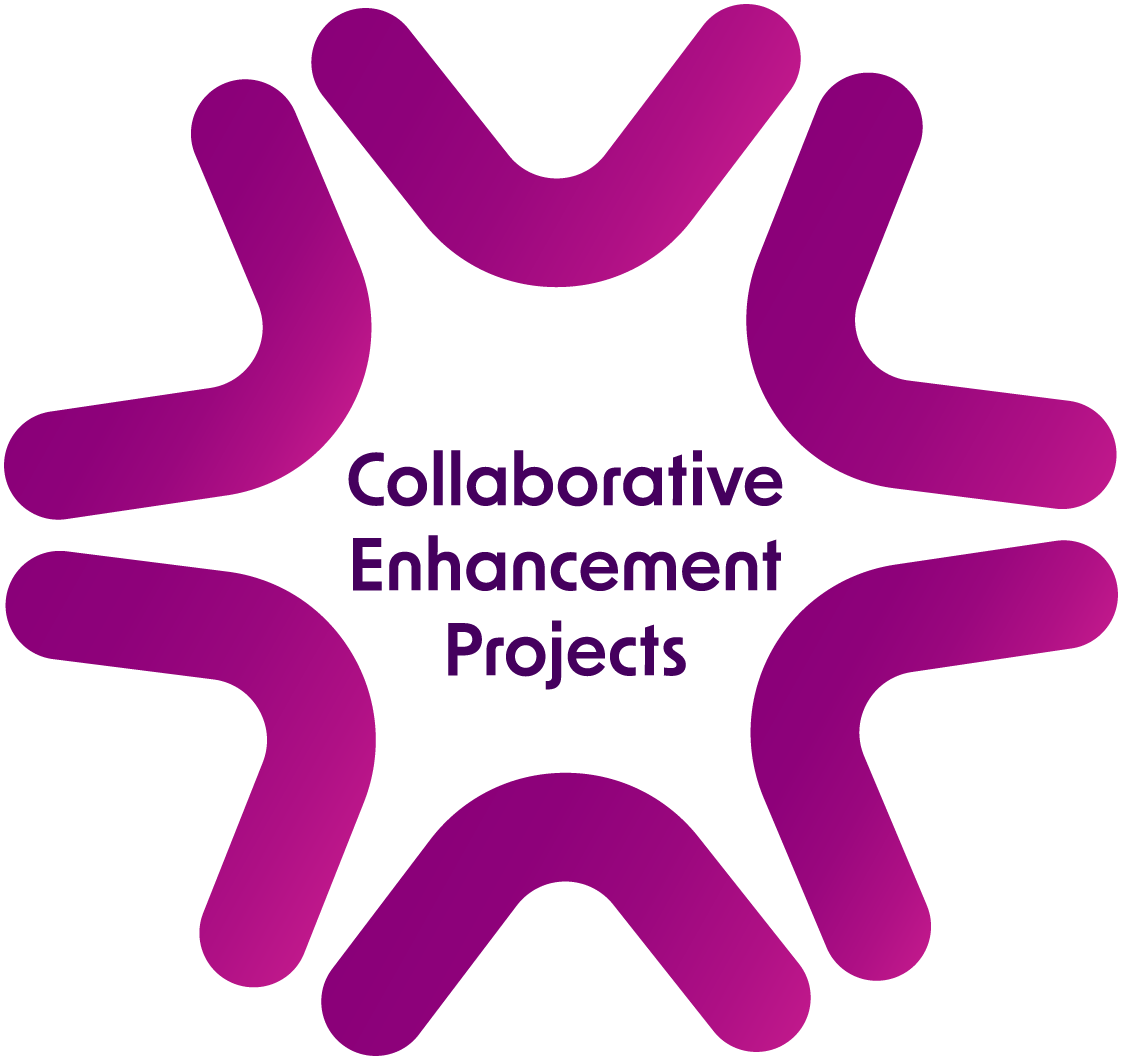Reflecting on the Enhancing Engagement Forum at University of the Arts London: Fostering connections

Authors
Bee Yogasivam
BA (Hons) Architecture – Alumnus, University of the Arts London
Tanyeem Hussain
Student Learning and Engagement Coordinator, University of the Arts London
Enhancing Engagement: Student Dialogic Blogs
Student Learning and Engagement Pilot, University of the Arts London
Reflecting on Enhancing Engagement Forum: Fostering Connections
Bee Yogasivam
The forum provided a rare space for students and staff to share their experiences and perspectives openly. It was really nice to see that many of us face very similar challenges and feelings, giving me more confidence to communicate openly during the session. Ultimately, the forum highlighted the importance of creating regular opportunities for students and staff to come together and discuss their experiences, since it has a lot of potential to bring more empathy and effective communication, in turn, enhancing the higher educational experience for everyone involved.
Being able to conduct anonymous surveys before and during the workshop gave those who might not feel comfortable speaking up a chance to be heard and meant that everyone could participate actively. We used results from a live survey maker and insights from a pre-forum Padlet task to shape the discussion on fostering connections. We focussed on the highest-ranking survey responses and discussed why these answers were chosen. Using the ‘circle time’ model was particularly effective as it created visibility and encouraged everyone to bounce off each other's thoughts, leading to a more organic and dynamic discussion. This format really helped us naturally transition from topic to topic and provided a comfortable space for everyone to share their perspectives.
Why does student engagement fluctuate? The live surveys revealed that clear and timely communication is essential for us as students to manage our schedules, stay informed about any course requirements and can significantly enhance learning experiences and improve student engagement.
Students and staff openly shared their views on ways to foster connections, reasons why fostering connections may be hindered, and effective strategies to foster connections. I had the unique opportunity to meet and interact with staff from Academic Enhancement, student advisors from the Arts SU, as well as tutors and lecturers from other courses. It was fascinating to hear different perspectives and learn how various tutors and staff handle disengagement.
The forum made me feel that fostering a good studio environment, where we all feel comfortable asking questions and expressing concerns, is best achieved through open dialogue. It also introduced me to valuable resources I wasn't aware of, such as societies and reports from the Arts Student Union, which provided insights into students in similar situations. Additionally, the career resources helped me with CV writing, job interview preparation, and finding freelance work. It made me realise the importance of exploring interests beyond my main course of study for personal growth and career development. Meeting my peers, in this forum, from other courses was great for sharing experiences and learning about different disciplines. Ultimately, hosting student engagement forums with both staff and students fosters communication, mutual understanding, and provides valuable insights for all.

The Boy Is Beautiful, Leonidas Liolios, 2022 BA (Hons) Graphic Communication Design, Central Saint Martins, UAL | Photograph: Leonidas Liolios
Reflecting on Enhancing Engagement Forum: Fostering Connections
Tanyeem Hussain
As a term, fostering connections can be understood in a multi-faceted way. It is the nurturing of our students’ connection to the institution, their connection to their course, their tutors, and to their peers throughout the student lifecycle. It spans place and time and is both physical and tangible, long-lasting and ephemeral. It is a positive manifestation of the sticky campus and course; it cultivates belonging, celebrates the student voice and puts collaboration and communication at the forefront of our students’ academic and creative endeavours. Compounded with these nuances and intricacies are two additional and often neglected dimensions of student belonging: surroundings and personal space, highlighting the complexity of truly supporting student engagement in Higher Education. Bee goes further to state that communication and safe spaces to talk between staff and students are two fundamental factors to a positive and long-lasting student experience, to fostering connections and to effective learning.
Contributing to enhancing student engagement at the University of the Arts London in the current Higher Education climate is both eye-opening and challenging. There is unanimous agreement in the sector that engagement is fundamental to student experience, their learning and their ultimate attainment and, in turn, brings esteem and kudos to the institution. This symbiosis is at the heart of the work we have been doing on the Student Learning and Engagement Pilot in the academic year of 2023-2024. The Forum, as Bee explained, was an opportunity for colleagues and students to sit side by side in an equal setting and listen to each other. From the staff perspective, timetabling challenges, low attendance, workload, capacity and time pressures arose as barriers to fostering connections however the desire to understand the student experience, form personal connections with cohorts and open up safe spaces for dialogue and discussion was strong.
Staff attendee
Bee and her co-facilitators ran the Fostering Connections workshop in a compassionate and insightful manner, and from my perspective, with natural pedagogy embedded in their planning and delivery. This led to dynamic, cathartic and at times difficult discussions between the staff and students present. When planning the forum, the Student Learning and Engagement team felt the need to bring together staff from all job families and it was heartening to hear from both students and staff that this was a positive experience. Like Bee, staff valued the opportunity to be in one space with students and many expressed how important it was for academic and non-academic staff to sit together:
Staff attendee

2023 MA Curating and Collections, Chelsea College of Arts, UAL | Photograph: Kristy Noble
Reflecting on Enhancing Engagement Forum: Fostering Connections
Bee Yogasivam
I agree, I believe that the forum was designed with the goal of fostering an inclusive environment where all voices could be heard. It is really lovely to hear that the setup was appreciated, the diversity of perspectives created really strong discussion points. Although our discussion sometimes touched on harder topics that brought about opposing opinions, this helped everyone understand and think empathetically about the experiences and views of others. There comes a shared responsibility with regard to course design and delivery when tutors, students and staff come together to discuss course-related issues. Doing a forum this way means that challenges can be better identified and addressed. Ultimately it will help promote a more responsive and effective learning environment.
Moreover, as mentioned earlier, these interactions can enhance course engagement and the overall student experience. Involving students in these discussions will make us feel more invested in our education, in turn, leading to better participation and enthusiasm. When we, as students, see that our feedback is valued and acted upon, it creates a sense of collective ownership.
Without a model like a forum, it is sometimes quite difficult to achieve the same level of effective communication and collaboration among tutors, students, and staff, despite many different efforts to be heard through other platforms for feedback. These methods sometimes lack the immediacy and personal interaction that something like a forum provides. In a forum setting, real-time dialogue allows for clarity and opportunity to explore topics collaboratively, it bridges the gap between various groups.
I think that if we were to do the forum again, incorporating specific scenarios into the forum could help staff and students visualise and address communication disconnects such as:
- conversations about deadlines
- unclear project instructions and briefs
- constructive feedback
- flexible scheduling
- group project workloads
- alternative methods for student-tutor interactions.
This blog is an output from a Collaborative Enhancement Project supported and funded by QAA Membership. The project is led by De Montfort University in partnership with Glasgow Caledonian University, University of Brighton and University of the Arts London.
Find out more about Collaborative Enhancement Projects.


